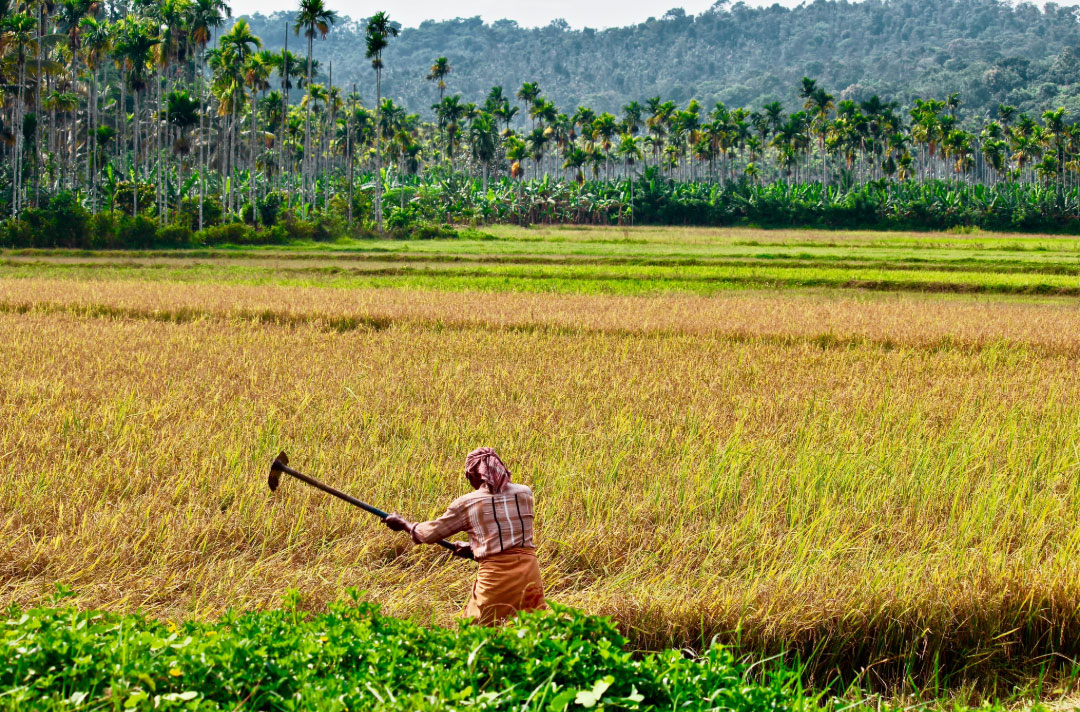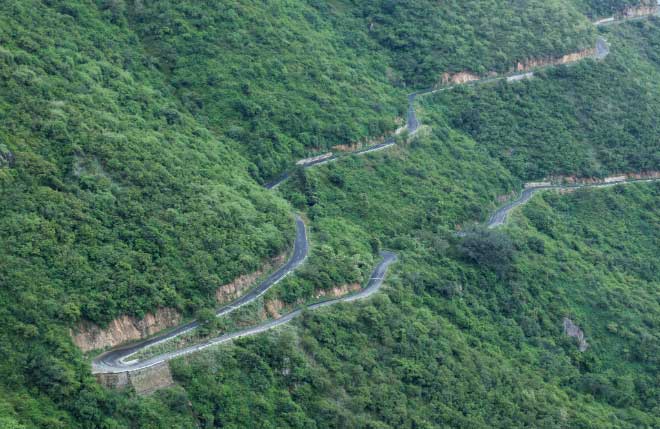In 2022, 14 families (totaling 41 people) migrated from their home communities to work at a brick kiln in another region of northern India. Each couple received an advance of about $57 and agreed to work at a rate of $8 paid for each one thousand bricks manufactured.
Since the day they began working they were paid no wages, receiving only about $9 per week per family as a subsistence allowance, far below India’s legal minimum wage. The workers belonged to lower caste communities and endured caste-based abuse, threats, and violence. Women and girls were harassed, children were forced to work, and families were denied basic necessities such as firewood and medical care. Their movements were restricted and attempts to leave were punished with beatings and confinement.
Former victims spark a rescue
The laborers were forced to work 18 to 19 hours a day under brutal conditions. But in early 2025, relatives of these workers, who had previously been rescued from bonded labor by a Justice Hub, contacted Justice Hub investigators to set in motion a process that would ultimately secure the workers’ freedom.
Coordinated action by Justice Hubs
The Justice Hub receiving the initial contact transferred the case to the local Justice Hub team, who met with the victims, gathered evidence, and quickly filed a formal complaint before the National Human Rights Commission.
In June 2025, a coordinated rescue operation was carried out in partnership with government authorities and Justice Hubs across regional boundaries, resulting in the freedom of all 41 laborers. Transportation was arranged for the families to be safely repatriated to their home villages, with active support from another Justice Hub in their community of origin.
Upon their return, each family received ration kits, counselling, and assistance with legal needs. The Justice Hub aftercare team supported survivors in obtaining government identification documents, bank accounts, healthcare cards, and welfare registration, laying out the groundwork for long-term freedom and reintegration.
Through consistent follow-up, the Justice Hub team helped survivors explore sustainable livelihood options (such as goat farming), savings groups, and government job card benefits.
A Journey from Bondage to Self-Reliance
Champak,* one of the survivors, used his family’s modest savings to make a down payment on an e-rickshaw. His wife Charu* secured a loan to help finance the purchase, through membership in a self-help support group, and the remaining balance will be repaid in under two years.
Today, Champak earns enough monthly income through the e-rickshaw to provide his family with newfound stability and dignity. Fellow survivors have also begun securing entitlements and rebuilding their livelihoods, marking a powerful step toward recovery and empowerment.
Communities flourish when freedom takes root and justice endures.
This journey from bondage to self-reliance exemplifies the impact of coordinated rescue, rehabilitation, and aftercare. The collaboration between Justice Hubs across state boundaries working with local government authorities not only ensured freedom from exploitation but also laid the foundation for sustainable reintegration, transforming trauma into resilience and hope.
*Name changed to protect identity.


